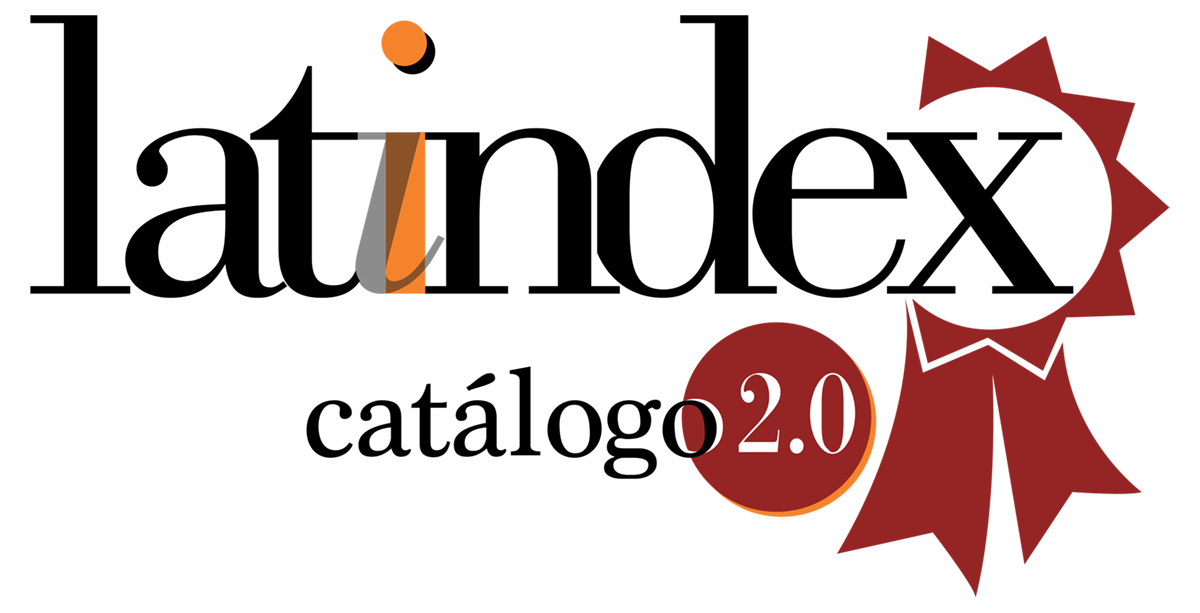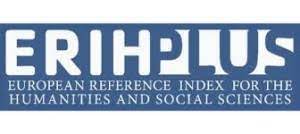Emotional re-experimentation through expressive writing in young university students: Interpretive-phenomenological reflections in times of pandemic Covid-19
DOI:
https://doi.org/10.61144/0718-9397.2021.424Abstract
Emotional re-experimentation through expressive writing has proven to be effective and effective in releasing emotions and expressing feelings and thoughts about a painful or traumatic situation. However, the analyses on this tool have focused on a quantitative paradigm, associated with the therapeutic effects of writing, leaving aside the subjective experience of the participants. Based on the absence of qualitative interpretations, The objective of this study was to analyze and understand the subjective experience of a group of young university students who
participated in an exercise of emotional re-experimentation through expressive writing in times of pandemic Covid-19. The qualitative study, with a descriptive exploratory scope, was carried out through a focal group. Data analysis and processing was developed from an interpretive phenomenological analysis (AFI). Among the main results was found that young people mean and catalog that writing processes are beneficial in the reflection of past experiences, which in turn allows them to resignify them and learn from them. It is concluded that the processes of
written re-experimentation are a fundamental tool in the expression of emotions, thoughts and feelings in social situations such as the current one, in which most people do not have access to psychosocial and therapeutic care.
Key words: emotional re-experimentation, expressive writing, phenomenological analysis, university students, subjective experiences
References
Bibliografía
-Allen, S., Wetherell M., & Smith, M. (2020). Online writing about positive life experiences reduces depression and perceived stress reactivity in socially inhibited individuals. Psychiatry Research 284(1), 112697. https://doi.org/10.1016/j.psychres.2019.112697
-Duque, H. & Aristizábal Diaz-Granados, E. (2019). Análisis fenomenológico interpretativo. Una guía metodológica para su uso en la investigación cualitativa en psicología. Pensando Psicología, 15(25), 1-24. Doi: https://doi.org/10.16925/2382-3984.2019.01.03
-Fernández, I., Páez, D., y Pennebaker, J. (2004). Escritura expresiva, deber de memoria y afrontamiento tras el impacto del 11-M: Un estudio experimental. Ansiedad y Estrés, 10, 233-245.
-Frattaroli, J. (2006). Experimental disclosure and its moderators: a meta-analysis. Psychological bulletin, 132(6), 823-865. doi: 10.1037 / 0033-2909.132.6.823.
-Nyssen, O. P., Taylor, S. J., Wong, G., Steed, E., Bourke, L., Lord, J., Ross, C., Hayman, S., Field, V., Higgins, A., Greenhalgh, T & Meads, C. (2016). Does therapeutic writing help people with long-term conditions? Systematic review, realist synthesis and economic considerations. Health Technology Assessment, 20(27), 1-368. http://dx.doi.org/10.3310/hta20270.
-Pennebaker, J. W. (2011). The secret life of pronouns. New York, Estados Unidos: Bloomsbury Press.
Qian, J., Zhou, X., Sun, X., Wu, M., Sun, S & Yu, X. (2020) Effects of expressive writing intervention for women's PTSD, depression, anxiety and stress related to pregnancy: A meta-analysis of randomized controlled trials. Psychiatry Research 288(1), 112933. https://doi.org/10.1016/j.psychres.2020.112933
-Reinhold, M., Bürkner, P., & Holling, H. (2018). Effects of expressive writing on depressive symptoms-a meta‐analysis. Clinical Psychology: Science and Practice. https://doi.org/10.1111/cpsp.12224
-Robertson, S., Short, S., Sawyer, L & Sweazy, S. (2020). Randomized controlled trial assessing the efficacy of expressive writing in reduce ng anxiety in first-year college students: the role of linguistic features. Psychology & health, 1-25. DOI: 10.1080/08870446.2020.1827146.
-Sedeño, T. del P. (2011). Variables personales y contextuales que afectan a la eficacia de la reexperimentación emocional. (Tesis Doctoral). Universidad de la Laguna, San Cristobal, España.
-Smith, J., Flowers, P. & Larkin, M. (2009). Interpretative phenomenological analysis: Theory, method and research. London, UK: Sage
-Smith, J. A. (1996). Beyond the divide between cognition and discourse: Using interpretative phenomenological analysis in health psychology. Psychology & Health, 11(2), 261-271. Doi: https://doi.org/10.1080/08870449608400256
-Smith, J. A. (2011). Evaluating the contribution of interpretative phenomenological analysis. Health Psychology Review, 5(1), 9-27. Doi: https://doi.org/10.1080/17437199.2010.510659
-Travagin, G., Margola, D., & Revenson, T. A. (2015). How effective are expressive writing interventions for adolescents? A meta-analytic review. Clinical psychology review, 36, 42-55. https://doi.org/10.1016/j.cpr.2015.01.003
How to Cite
License
Copyright (c) 2022 María Beatriz Silva et al.

This work is licensed under a Creative Commons Attribution-NonCommercial-NoDerivatives 4.0 International License.
Los autores/as conservarán sus derechos de autor y garantizarán a la revista el derecho de primera publicación de su obra, el cual estará simultáneamente sujeto a la Licencia de reconocimiento de Creative Commons (CC BY-NC-ND) 4.0 que permite a terceros compartir la obra siempre que se indique su autor y se comparta el documento, en formato pdf y con la paginación del número original, a través del que este ha sido publicado por la revista. Siguiendo las definiciones establecidas por la licencia (ver: https://creativecommons.org/licenses/by-nc-nd/4.0/deed.es) los números de la revistas seguirán los siguientes términos:
-
Atribución — Usted debe dar crédito de manera adecuada, brindar un enlace a la licencia, e indicar si se han realizado cambios. Puede hacerlo en cualquier forma razonable, pero no de forma tal que sugiera que usted o su uso tienen el apoyo de la licenciante.
-
No Comercial — Usted no puede hacer uso del material con propósitos comerciales.
-
Sin Derivadas — Si remezcla, transforma o crea a partir del material, no podrá distribuir el material modificado.
- No hay restricciones adicionales — No puede aplicar términos legales ni medidas tecnológicas que restrinjan legalmente a otras a hacer cualquier uso permitido por la licencia.












